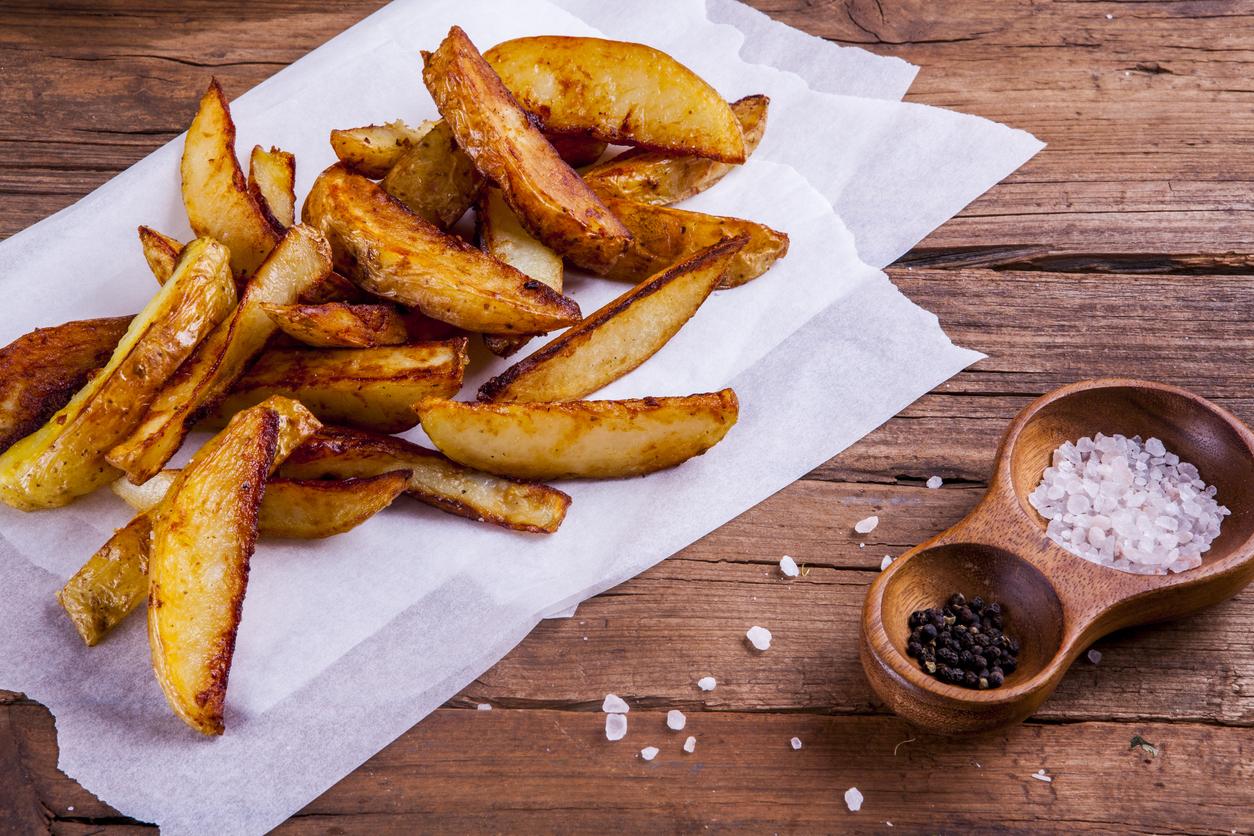Salt makes you drink less, not more, Mars spaceflight simulation study finds
'Counter-intuitive' result could have important implications for the long journey to the Red Planet

Salt makes people drink less, not more, over a period of several months, according to a study of a simulated mission to Mars.
The amount of water needed will be a key consideration for space agencies with a round trip to the Red Planet expected to take about 510 days.
It has long been thought that salt increases people’s thirst, particularly because it is associated with a rise in the amount of urine produced.
But a team of scientists from Germany, the US and elsewhere found that a high-salt diet had the opposite effect on their test subjects, 10 men kept in sealed living quarters and given a strictly controlled diet for a period of 205 days.
Over the course of the study, they drank less and retained more fluid in their bodies despite producing more urine.
They also reported being hungrier when their food contained a lot of salt compared to lower levels. The study was repeated in mice with the same results – those on the high-salt diet drank less but were also hungrier.
One of the researchers, Professor Friedrich Luft, of Vanderbilt University Medical Centre in the US and the Max-Delbrueck Centre for Molecular Medicine in Germany, told The Independent in an email they had tested three levels of salt intake: two estimates of what people normally eat (12 grams and 9g) and “what the guideline folks want us to eat” (6g).
“We observed that our subjects – all 10, watched for 205 days – actually drank less, and not more on high-salt rather than low-salt even though they made more urine,” he said.
“These amounts are small; you will not notice them at the urinal. However, it takes 510 days to get to Mars and back.”
However Professor Luft said pubs were “not necessarily wrong in feeding you salt pretzels”.
“These elicit secondary, short-term drinking responses so that you drink more beer. We are talking about long-term responses,” he said.
Writing in the Journal of Clinical Investigation, the scientists described their findings as “seemingly counter-intuitive”.
They said the kidneys acted as a highly efficient “biological barrier designed for water conservation”.
“This water accrual process was so effective that a body water surplus was available at the 12g-a-day salt intake level and could be excreted and thereby increase the urine volume,” the paper added.
The body’s production of fluid is not simply a reflection of the amount of fluid consumed as liquid or in food.
This is because when the body ‘burns’ food and drink to create energy this process produces carbon dioxide, water and other by-products that must then be excreted. The way this process happens has a significant effect on the amount of by-products.
Join our commenting forum
Join thought-provoking conversations, follow other Independent readers and see their replies
Comments
Bookmark popover
Removed from bookmarks